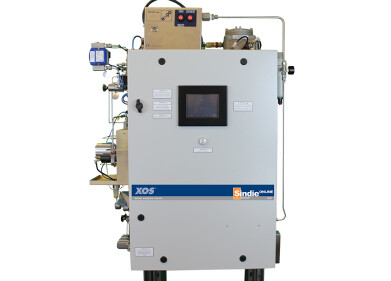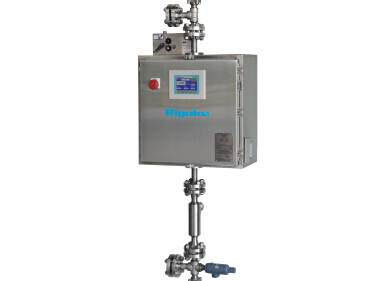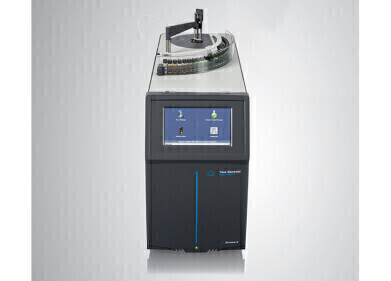Sulphur analysis
4 Advanced Fuel Analysis Methods
May 23 2021
Elemental analysis is fundamental to the oil and gas industry, with fuel assays used to optimise feedstock selection, improve processing efficiency, determine price, minimise emissions, support workplace health and safety, and more.
With the average gasoline blend containing around 150 unique hydrocarbons, profiling samples is a complex process. The industry relies on a variety of test techniques to chart the unique characteristics of fuel, with methods developed and published by ASTM International considered gold standard. Below, we take a look at some of the most common methods used across the industry, as well as some lesser known techniques.
ASTM D2622 - 16 Standard Test Method for Sulphur
A variety of methods are used to detect sulphur in petroleum products, with the ASTM D2622 - 16 one of the most common. It uses Wavelength Dispersive X-ray Fluorescence Spectrometry to quickly and accurately measure sulphur content, with analysis times as low as one minute per sample.
Sulphur concentrations are directly related to fuel quality and calculations are not only used to optimise processing but also to ensure compliance with local and international regulations. For example, in 2009 the British Standard BS 2869 decreed all gasoline and diesel used to power on-road vehicles must contain no more than 10ppm sulphur. The EPA followed suit in 2017 with the launch of the Tier 3 Gasoline Sulphur program, which placed a 10ppm sulphur cap on all US gasoline.
ASTM D482 Standard Test Method for Ash
Used to determine ash concentrations in petroleum products, the ASTM D482 Standard Test Method can detect traces within the 0.001–0.180 mass percentage range. Samples must be free from added ash-forming additives, with intense heat used to burn the fuel until only ash and carbon residue remain. Calculating ash content helps to determine if a fuel is suitable for a specific application.
ASTM D4952 Standard Test Method for Qualitative Analysis for Active Sulphur Species
As well as detecting mercaptans in auto fuels, the ASTM D4952 Standard Test Method is also used to measure organosulfur compound levels in kerosine and other petroleum products. It offers good insight into concentrations of hydrogen sulphide and elemental sulphur, which can destroy both metallic and non-metallic materials. This can compromise not only fuel performance but also cause damage to equipment and distribution systems.
ASTM D3230 - 19 Standard Test Method for Salts
Determining the chloride content of crude oils is an important step when developing desalination strategies. The ASTM D3230 - 19 (Electrometric Method) is a fast and efficient way to measure salt content and help minimise the risk of corrosion in refining units. Salts can also compromise catalyst performance, another reason why testing is so important.
Thanks to technological advances, fuel analysis is faster, easier and more accurate than ever. Multifunctional instruments like the Xplorer-V from TE instruments are reimagining the assay process, with the cutting-edge features of the fully automated vertical combustion analyser explored further in ‘Total Sulfur and Total Nitrogen analysis – Horizontal versus Vertical furnace arrangement.'
Digital Edition
PIN 26.1 Feb/Mar 2025
March 2025
Analytical Instrumentation - Elemental Analysis for Quality and Process Control at Refineries, for Lubricants and Wear Metals in Engine Oils - Synthetic Lubricants: New Developments - Scaling...
View all digital editions
Events
Apr 22 2025 Hammamet, Tunisia
Apr 22 2025 Kintex, South Korea
Solar & Energy Storage Summit 2025
Apr 23 2025 Denver, CO, USA
Apr 27 2025 Portland, OR, USA
Apr 29 2025 Mumbai, India
.jpg)


















